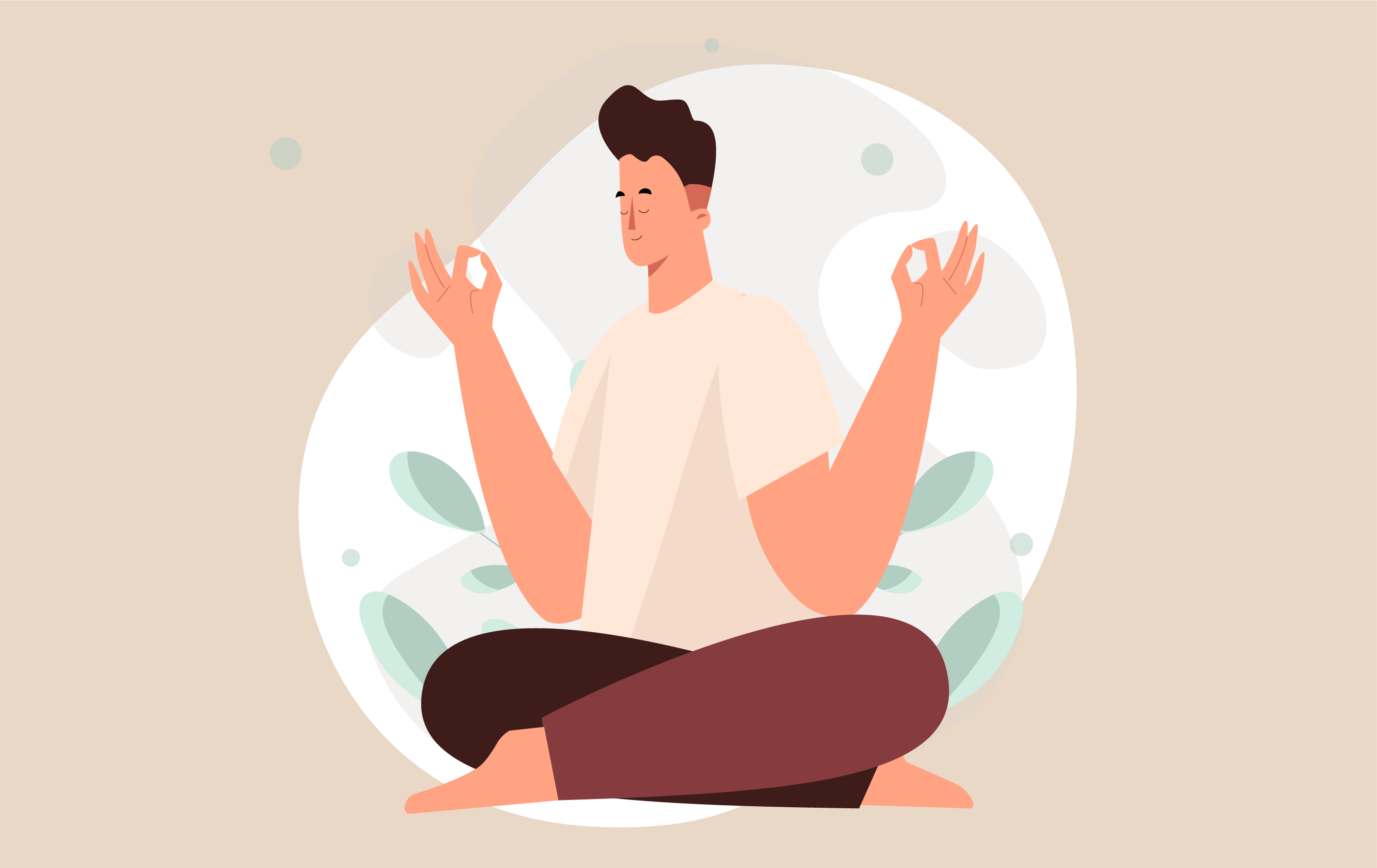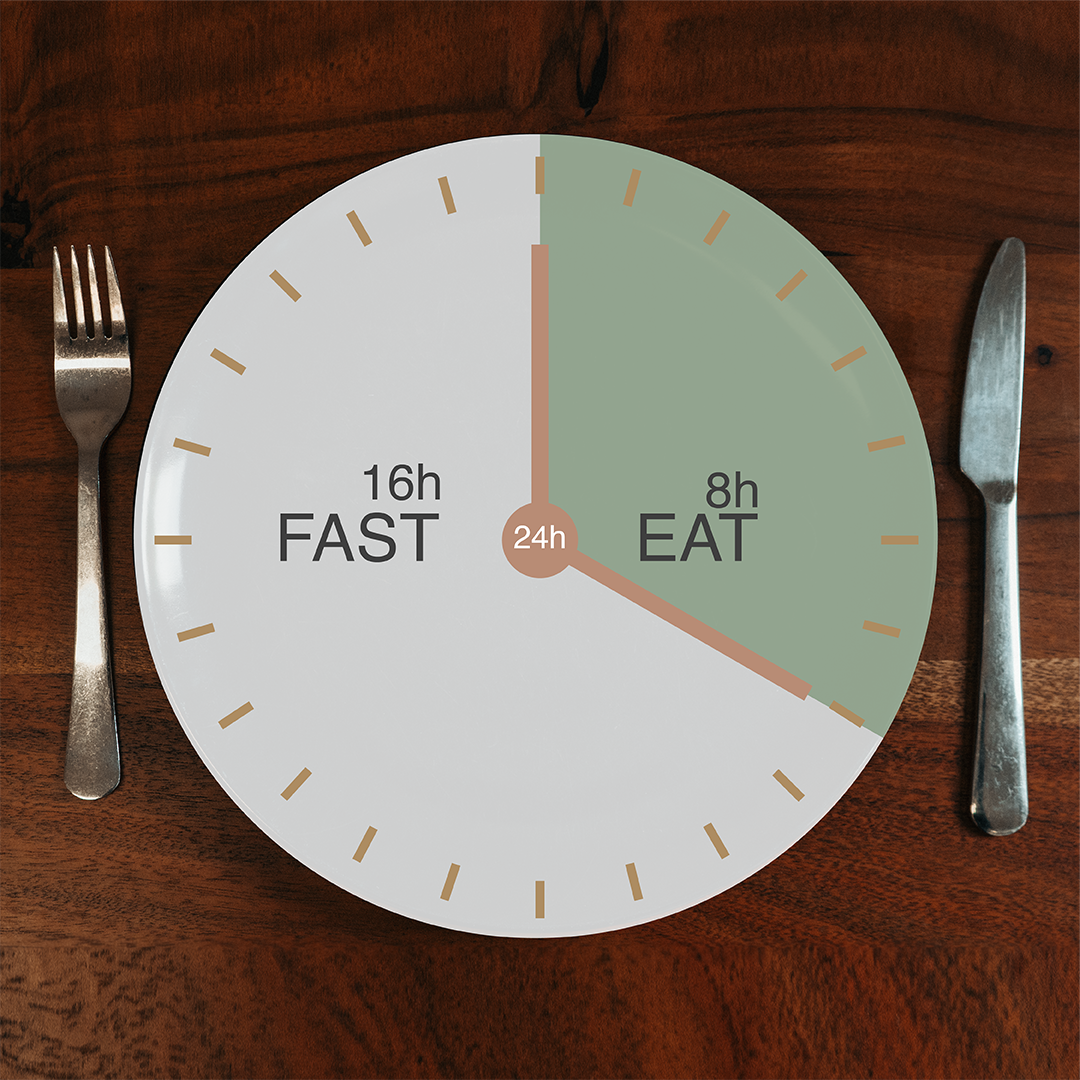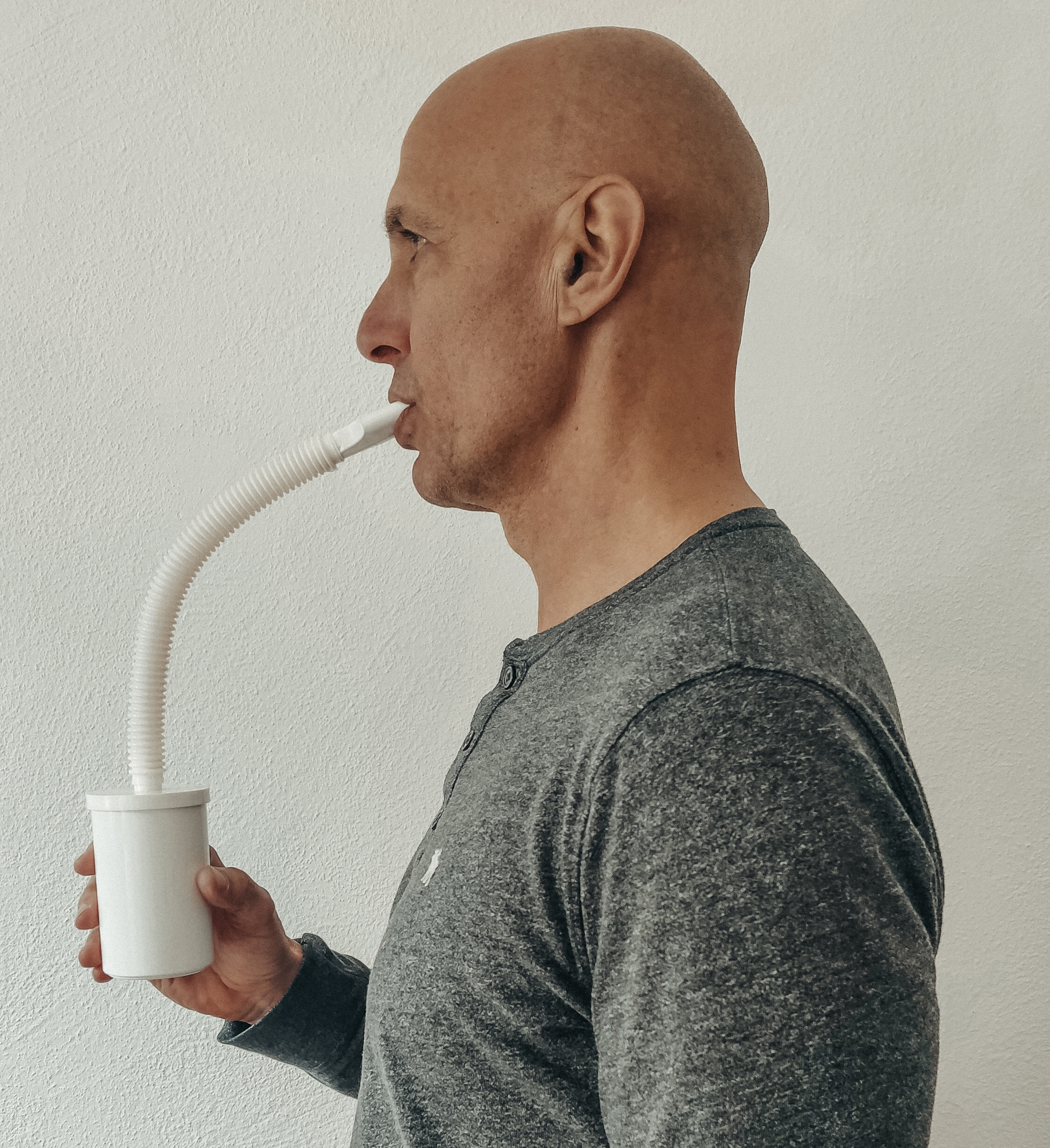Creative activities help us to cope with emotions
Latest Posts • July 3, 2019

All our thoughts and actions are guided by emotions. Love, hate, sadness, trust, disappointment, boredom and curiosity are just a fraction of the emotions and moods that we encounter in life. How we respond to them determines our well-being and life in general.
The fact that music and creative activities help to improve our mood is no secret. Many studies have already shown this connection.
But how they do it – what cognitive strategies the brain uses to regulate our emotions – was the subject of a large study by the BBC Arts Great British Creativity Test and UCL University College London (https://www.bcg.org/ .ucl.ac.uk / news / 2019 / may / creative-activities-help-brain-cope-emotions, May 2019).
Dr. Daisy Fancourt, UCL Behavioural Science and Health and former BBC Radio 3 New Generation Thinker, says: “This study is the first to show the cognitive strategies the brain uses to regulate our emotions when we’re taking part in creative activities. While previous studies have shown the strong link between creative activities and emotions, we’ve not been sure about how this has been happening.”
Almost 50,000 people took part in the study and the results show that there are three different ways in which creative activities can help us manage our emotions and cope with whatever life throws at us:
distraction, contemplation, self-development.
So when we play music, for example, we use creativity to
avoid stress (distraction).
give us the mind space to reassess problems in our lives and make plans (contemplation).
face challenges by building up self-esteem and confidence (self-development).
For many, hobbies are a time to relax and unwind. We easily forget about troubles when we play music. Hobbies help us focus on just one task with our full attention.
For others, hobbies provide an opportunity to do their best thinking. They might give us fresh perspectives and the ability to look at situations in new ways. New solutions might emerge.
Or a hobby becomes an important part of the identity. Many skills and qualities that we develop through our instruments can easily be transferred to other projects and areas of life.
So when you practice your hobby, you can draw on these three strategies and develop an emotional toolkit that will help boost your well-being.
Even a small amount of time spent on your hoppy makes a difference. The results of the study show that we benefit emotionally from just a single “creativity session” and that regular involvement has a cumulative effect.
In addition, the study shows that creative activities are particularly beneficial for our emotions when we face hardships in our lives.
Give it a try! Book a free trial lesson at Modern Music School.




Leave A Comment